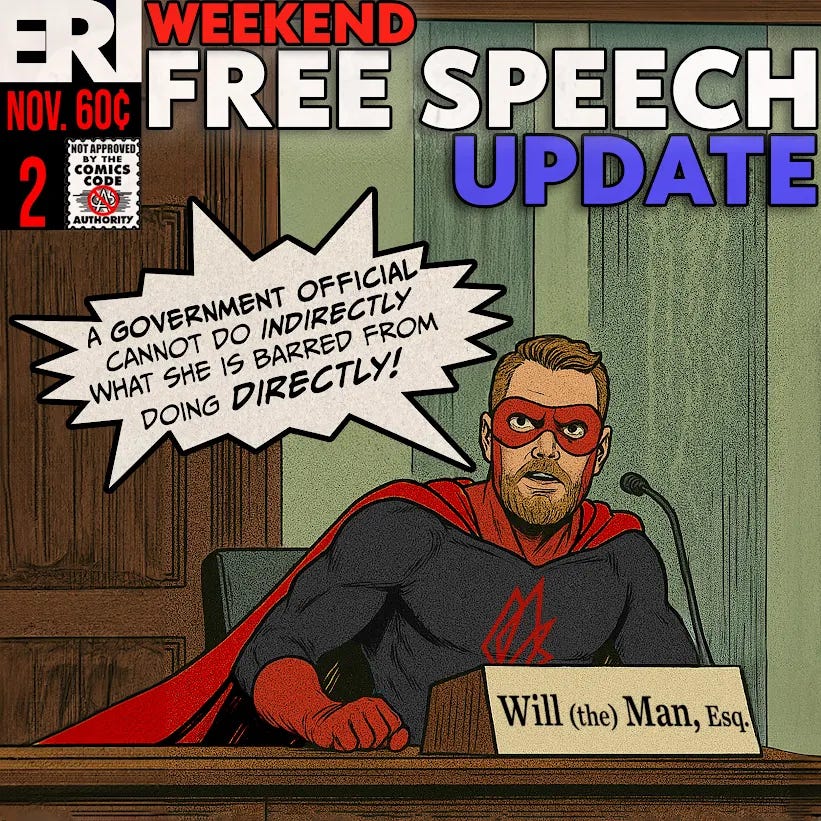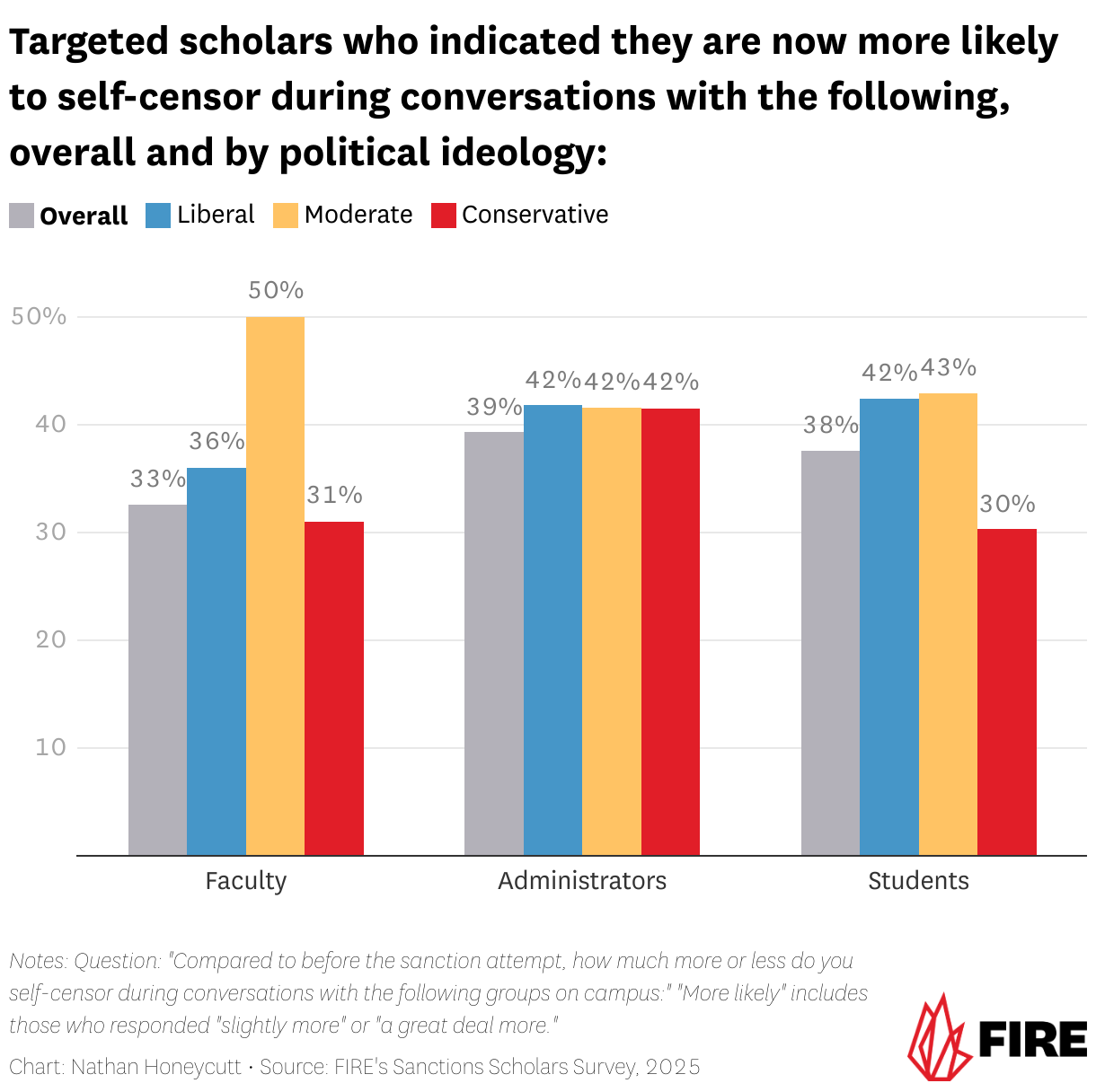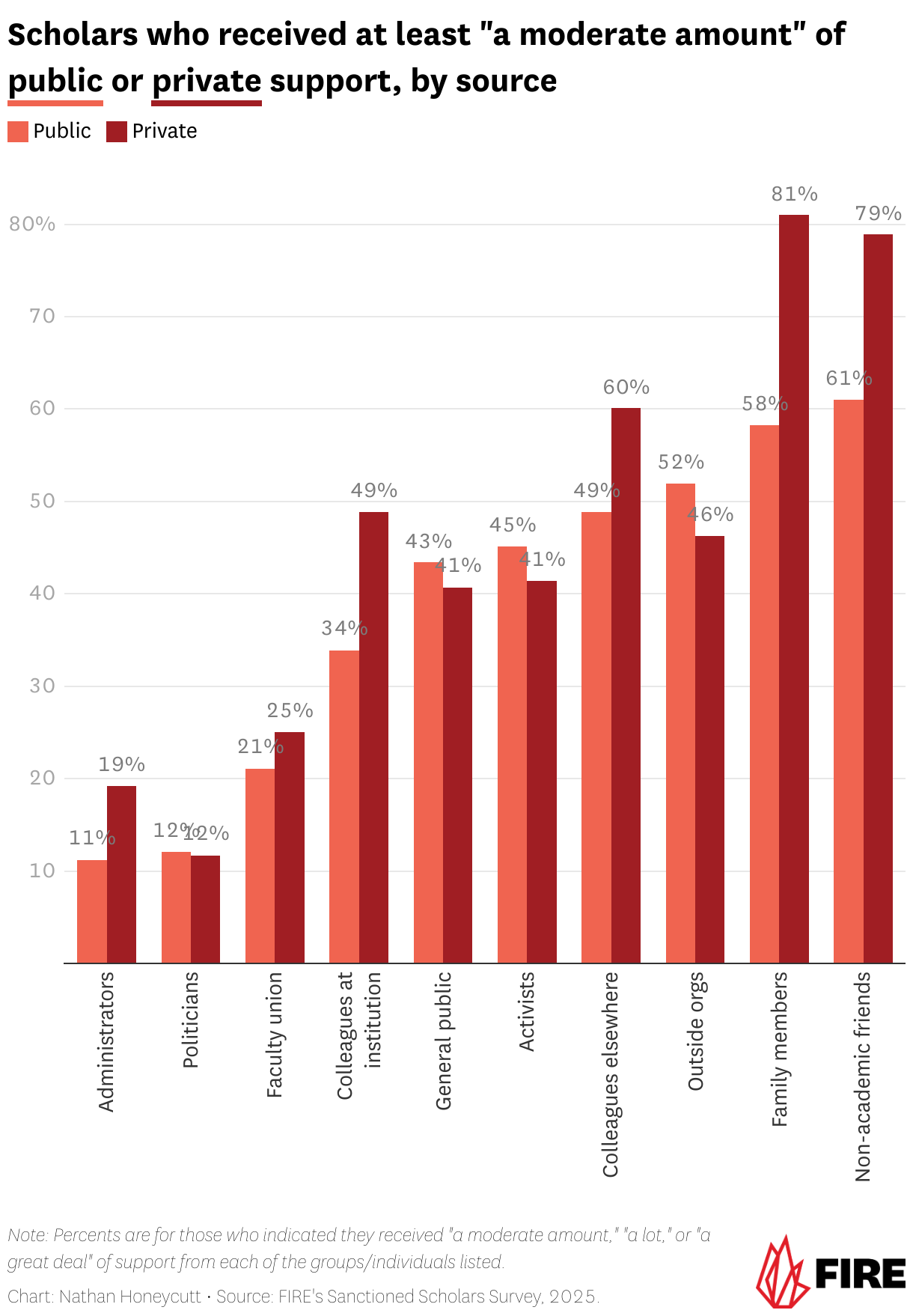Princeton president gets it wrong, the global free speech recession deepens, Mr. Creeley goes to Washington, I talk ‘WOW’ w/ Nadine, & more!
Bringing you the latest free speech news (11/2/25)
Stories of the week
But the most depressing accomplice in the West’s retreat from free speech is, without a doubt, our neighbor across the pond. In April, the Times of London reported a shocking statistic. Analyzing custody data, the newspaper reported that police in the United Kingdom arrested more than 24,000 people from 2022 through 2023 for sending “grossly offensive” messages or sharing posts considered “indecent,” “obscene,” or of a “menacing character” on social media.
Far too often, government officials from both sides of the partisan divide engage in “jawboning” — that is, they abuse the actual or perceived power of their office to threaten, bully, or coerce others into censoring speech. This indirect censorship violates the First Amendment just as surely as direct suppression.
This isn’t new law. The First Amendment’s prohibition against coerced censorship dates back decades, to the Supreme Court’s 1963 ruling in Bantam Books v. Sullivan. In that case, the Court confronted a Rhode Island state commission that sent threatening letters, “phrased virtually as orders,” to booksellers distributing “objectionable” titles — with follow-up visits from police, to ensure the message had been received.
This week in ERI
This week in Expression
This week in FIRE’s blog
Eisgruber’s implication is that FIRE is biased towards conservatives because we have conservative donors. (So does Princeton, and few would accuse it of being politically conservative.) He has to rely on these vague implications because if you look at the evidence, you have to contend with FIRE’s many cases on behalf of liberal students and professors. Or our lawsuits against the Trump administration. Or against the governments of Texas and Florida, in which we succeeded in blocking speech restrictions passed by deep-red legislatures.
London Calling: Ronnie’s First Amendment Roundup
Second Circuit revives First Amendment claims by high-schooler suspended for off-campus, after-hours social media post, holding public K-12 schools may sometimes penalize off-campus speech that is actually threatening, but not simply if its offensiveness makes others feel “unsafe” or uncomfortable
A 2-1 panel of the U.S. Court of Appeals for the Second Circuit reversed the entry of summary judgment to a school district that suspended a high schooler for participating in a photo posted to Snapchat making light of George Floyd’s murder, holding he stated a viable constitutional challenge because the school’s interests did not justify punishing his First Amendment-protected speech made away from school after school hours. The posts led to the school receiving a couple-dozen emails about them, with some stating they would make students feel unsafe and others calling for disciplinary action against the involved students. The posts became a heated topic of conversation at school, and they led to both a school assembly and a student demonstration about the posts. But the Second Circuit majority held that even if the 2021 Supreme Court decision in Mahanoy Area School District v. B.L. “requires us to draw a line between speech that is deeply offensive to other students—even reasonably so—and speech that threatens their sense of security,” public schools “cannot—and should not—protect the school community from hearing viewpoints with which they disagree or engaging in discourse with those who have offended them.” “The ability to engage in civil discourse with those with whom we disagree,” the opinion continued, “is an essential feature of a liberal education. Teaching students that they can and should be sheltered from speech that offends them is not. At bottom, schools may sometimes restrict or penalize off-campus speech because it is threatening, but they cannot do so because it is offensive.” In so holding, the Second Circuit echoed the core of the argument in the amicus brief filed in the case by FIRE (along with the Manhattan Institute and the National Coalition Against Censorship).
International free speech stories of the week
Danish Presidency backs away from ‘chat control’ (Euractiv) by Claudie Moreau
Two Russians sentenced to 25 years for plot to kill Iranian dissident in US (The Guardian) by Victoria Bekiempis
New Singapore law empowers commission to block harmful online content (Reuters)
‘Thalu Wang’ activist sent to prison for two years on lèse majesté conviction (Thai PBS World)
Video of the week
This week, Nico Perrino hosted FIRE advisory council member and former ACLU president Nadine Strossen and me on So to Speak to discuss our latest book, War On Words: 10 Arguments Against Free Speech—And Why They Fail.








https://open.substack.com/pub/captainfransentim/p/they-have-tried-to-shut-me-up?r=5jmmex&utm_campaign=post&utm_medium=web
https://open.substack.com/pub/captainfransentim/p/they-have-tried-to-shut-me-up?r=5jmmex&utm_campaign=post&utm_medium=web